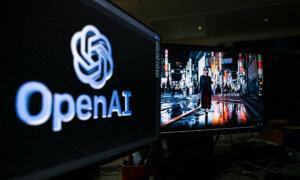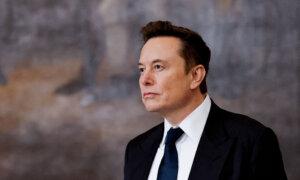The company will still move forward with plans to restructure its for-profit arm to allow more capital-raising.
OpenAI, the company behind ChatGPT, announced Monday that it will retain its nonprofit board’s control over its multibillion-dollar artificial intelligence business.
“OpenAI was founded as a nonprofit, and is today overseen and controlled by that nonprofit,” Bret Taylor, chairman of OpenAI’s board of directors, wrote in a blog post. “Going forward, it will continue to be overseen and controlled by that nonprofit.”
According to Taylor, the decision followed feedback from civic leaders and discussions with the Attorneys General of Delaware and California, oversight authority over OpenAI’s nonprofit status, and could have intervened to block any changes. OpenAI is incorporated in Delaware and headquartered in San Francisco.
Although the company no longer seeks to remove nonprofit oversight, it will continue with its plan to restructure its for-profit subsidiary into a Public Benefit Corporation (PBC)—a corporate model that allows companies to pursue profit while also committing to a broader social mission.
“The nonprofit will control and also be a large shareholder of the PBC, giving the nonprofit better resources to support many benefits,” Taylor said. “Our mission remains the same, and the PBC will have the same mission.”
OpenAI was originally incorporated in Delaware as a nonprofit that controls a for-profit, with a “capped-profit” model that allows limited returns for investors and employees. Its initial mission was to build artificial general intelligence (AGI) safely and for the benefit of humanity.
However, as the development of models like ChatGPT became increasingly expensive, the company sought new funding models to sustain its growth. In December 2024, it announced plans to convert its for-profit subsidiary into a Delaware PBC, sparking concerns about whether the company would fairly allocate its assets between arms and maintain fidelity to its original charitable purpose.
The restructuring plan triggered criticism and legal challenges, including a high-profile lawsuit from Elon Musk, a co-founder of OpenAI who departed the company before it rose to prominence in the AI industry. The world’s richest man alleged that OpenAI had breached its contract and committed fraud by drifting from its original nonprofit mission.
On May 1, a federal judge in California dismissed Musk’s breach-of-contract claims but allowed the fraud allegations to proceed, ruling that Musk had plausibly argued that OpenAI made representations about its nonprofit purpose in order to secure funding.
Meanwhile, former OpenAI employees have called on regulators to step in. Last month, a coalition of more than 30 individuals—including Nobel laureates, law professors, and former OpenAI engineers—submitted a letter to the attorneys general of California and Delaware, urging them to block the company’s proposed restructuring.
“OpenAI is trying to build AGI, but building AGI is not its mission,” reads the letter spearheaded by Page Hedley, who served as a policy and ethics adviser at OpenAI from 2017 to 2018. “OpenAI’s charitable purpose is to ensure that artificial general intelligence benefits all of humanity rather than advancing the private gain of any person.”










Leave feedback about this